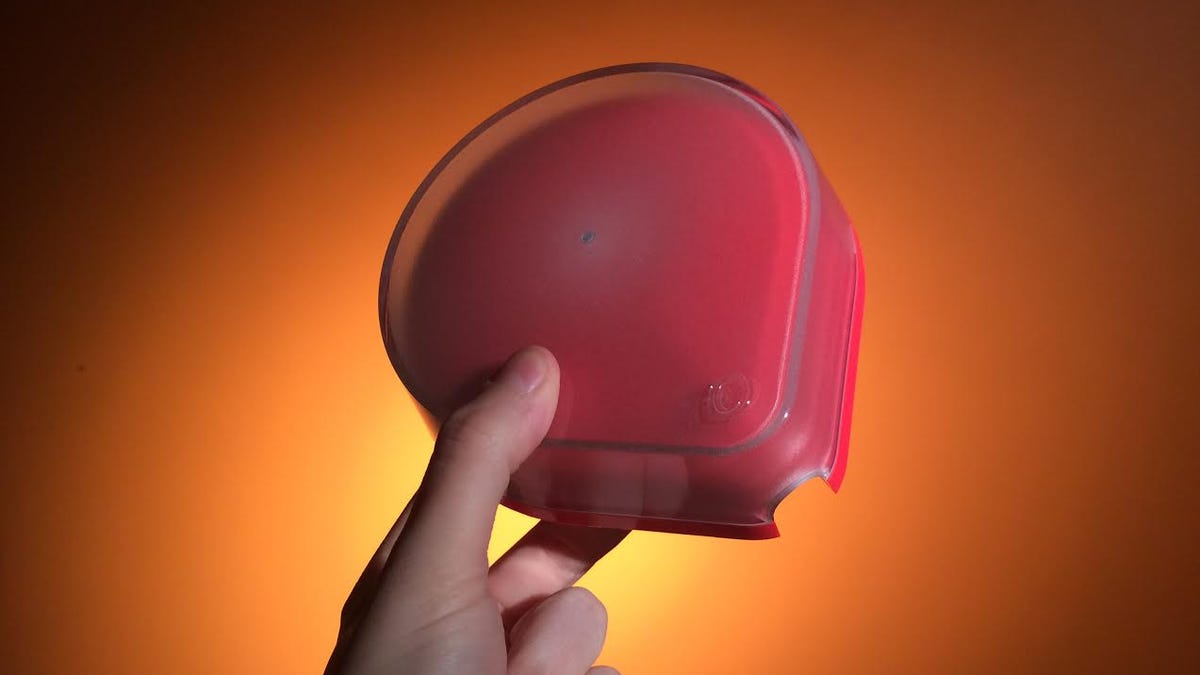Nest pulls the plug on the Revolv smart home hub
The $300 hub for the connected home will cease to function on May 15, says parent company Nest Labs.
Revolv's days are officially numbered.
Less than two years after it was acquired by Alphabet-owned Nest Labs, the Revolv Smart Home Hub will cease to function on May 15. When that day comes, the hub will no longer tell your lights to turn on and off, or trigger its geofenced smart home automations as you come and go. The app won't even open.
For all intents and purposes, Nest Labs is killing its acquisition off.
"Revolv was a great first step toward the connected home," says Nest Labs in its official statement, "but we believe that Works with Nest is a better solution and are allocating resources toward that program accordingly."
Nest gave Revolv's remaining user base 75 days notice through an in-app notification and a message on the Revolv website, which also directs users to contact support -- via help@revolv.com -- with questions.
It was always clear that Nest didn't buy out Revolv with plans of incorporating the hub into Nest-centric smart home setups. The focus instead was on adding the Revolv team's brainpower to the task of making the Nest Learning Thermostat a focal point for the modern connected home. In fact, as soon as the acquisition went through, Nest stopped selling the Revolv hub altogether.
Still, it's a bit of a surprise that Nest is now shutting Revolv down entirely. It's fair to assume that people who spent $300 on a centerpiece for their connected home setups also expected that it would be wrangling their gadgets for a lot longer than three years.
To that end, Nest says that it plans to "work together with customers on a case-by-case basis to determine the best resolution, including compensation."


